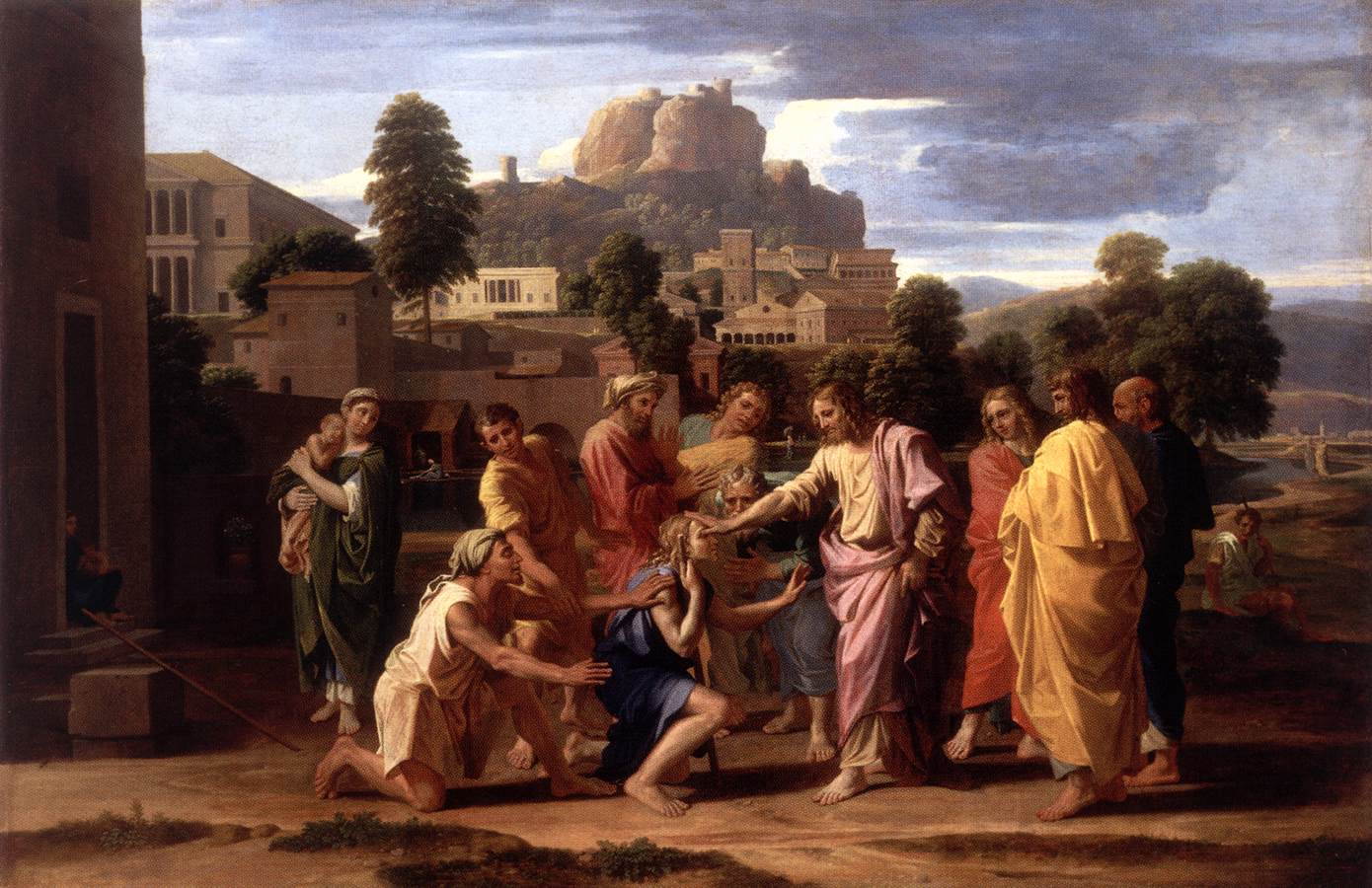 Quinquagesmina Sunday will be celebrated in a Latin High Mass at St. Stanislaus Church in New Haven on March 3, at 2:00 pm. The celebrant will be the Rev. Jan Pikulski.
Quinquagesmina Sunday will be celebrated in a Latin High Mass at St. Stanislaus Church in New Haven on March 3, at 2:00 pm. The celebrant will be the Rev. Jan Pikulski.
The third of the Sundays preparing us for the fast of Lent, Quinquagesima Sunday, 50 days before Easter, signals that Ash Wednesday is close at hand. The great Benedictine abbot, Dom Prosper Guéranger, speaks of Quinquagesima as a “time of Abraham” because of Abraham’s “docility and devotedness in following the call of his God.”
The Church has given us in today’s sacred Liturgy the Gospel of St. Luke in which our Lord prepares His apostles for the coming sufferings, that is, His sacred Passion in Jerusalem. The blind man represents the sinners who break their relationship with God, thus rejecting the offer of the promises of the Kingdom because of fallen man’s own selfishness in pride. We ought to understand the blind man as a model. It is said that “this man has lost the light and knows it” while “others lose the light and refuse to acknowledge it.” Some of have a keen awareness of the movements of grace and sin, while others are patently ignorant of them.
The cry of the blind man, then, is our cry, too: “Jesus, Son of David, have mercy on me!”. This prayer moved the heart of Jesus who stopped, called him, and healed him. This personal encounter prompted our Lord to ask the blind man to name the desire of his heart: “What do you want me to do for you?” the Lord asks him. “Master, let me receive my sight,” the blind man answers. “Go your way, your faith has saved you.”
Quinquagesima Sunday invites us to ask for the grace that the blind man had been given: sufficient awareness to beg for the Lord’s mercy in hearing our prayers for forgiveness of sins so that we may live in perfect freedom. Are we as Catholics prepared to be docile and devoted, like Abraham, like the blind man, before the promptings of the Holy Trinity?
Music for the service performed by the Schola Cantorum of the St. Gregory Society, will include the Gregorian chant Missa Orbis factor (Vatican edition XI), the chant proper for the Mass (Esto mihi), polyphonic motets by Guillaume Dufay and Antonio Cebrián, and organ music by Eugène Gigout and Ernest Chausson.
